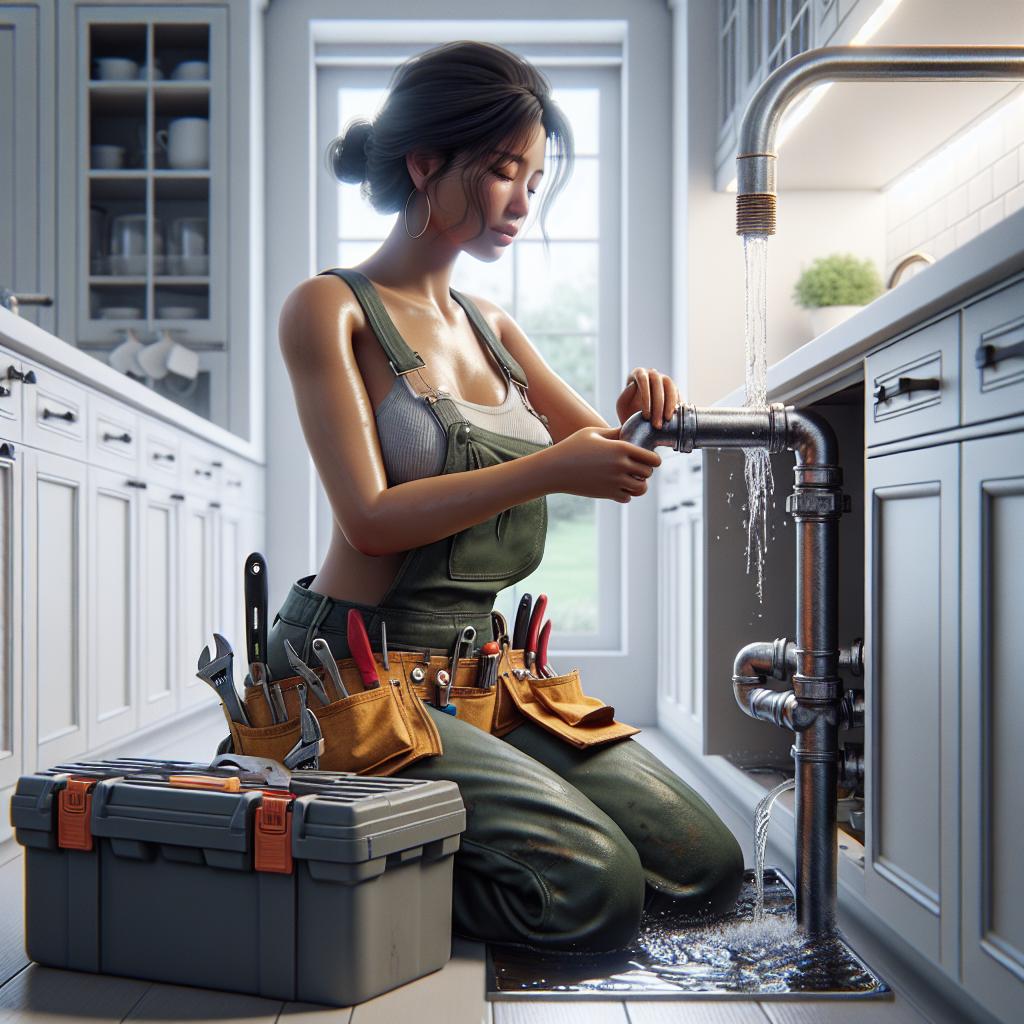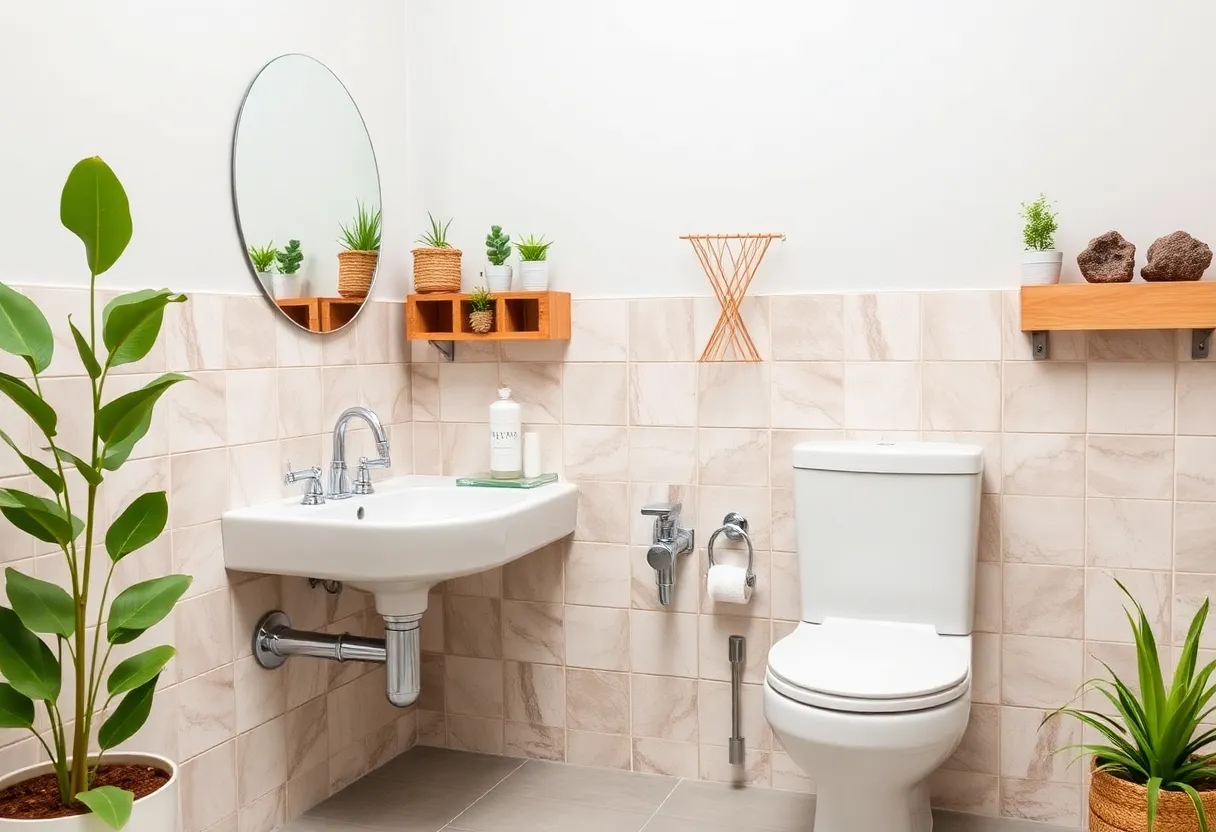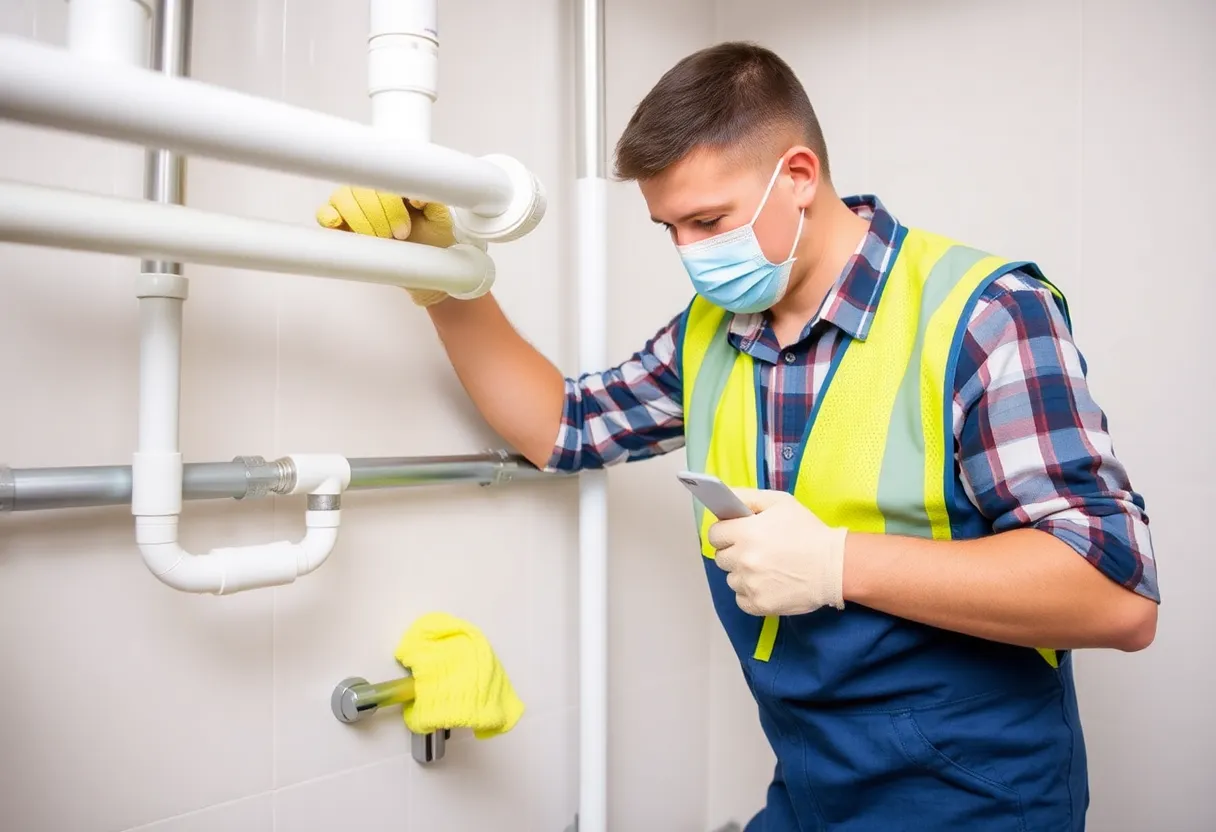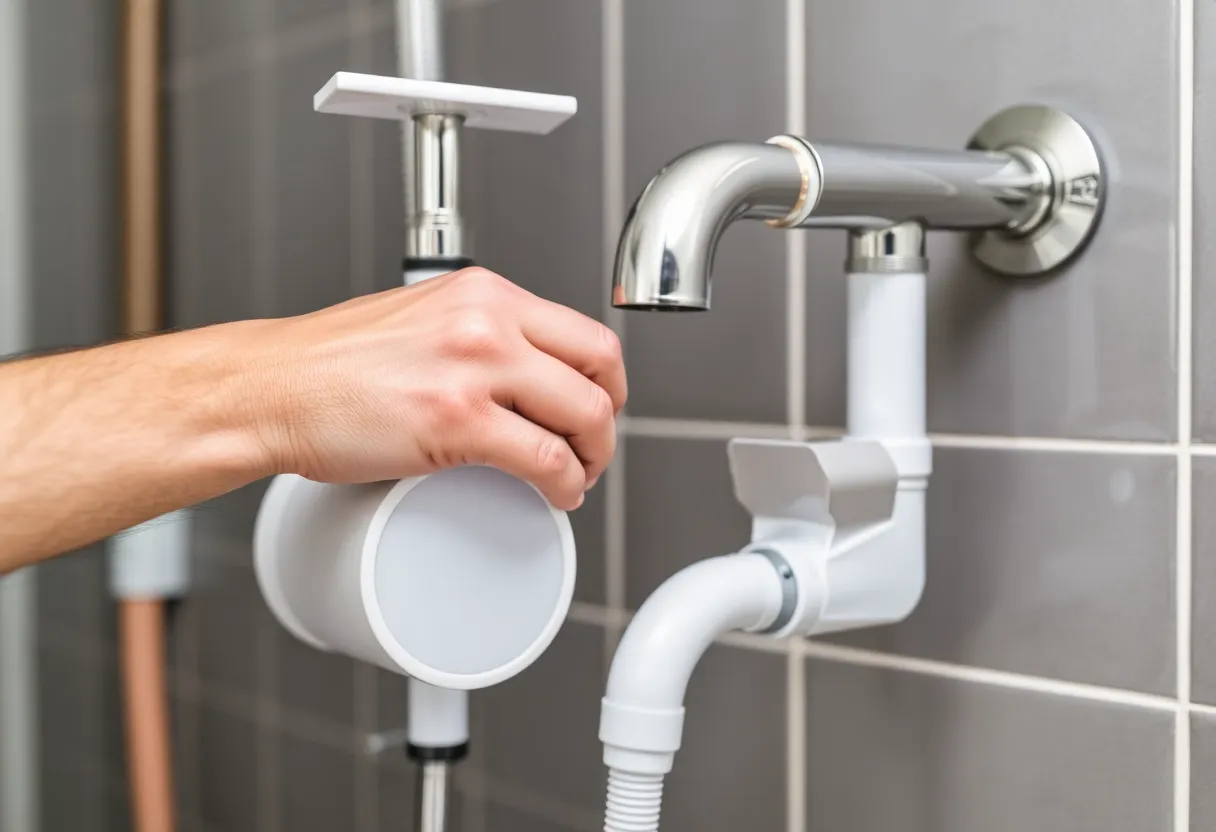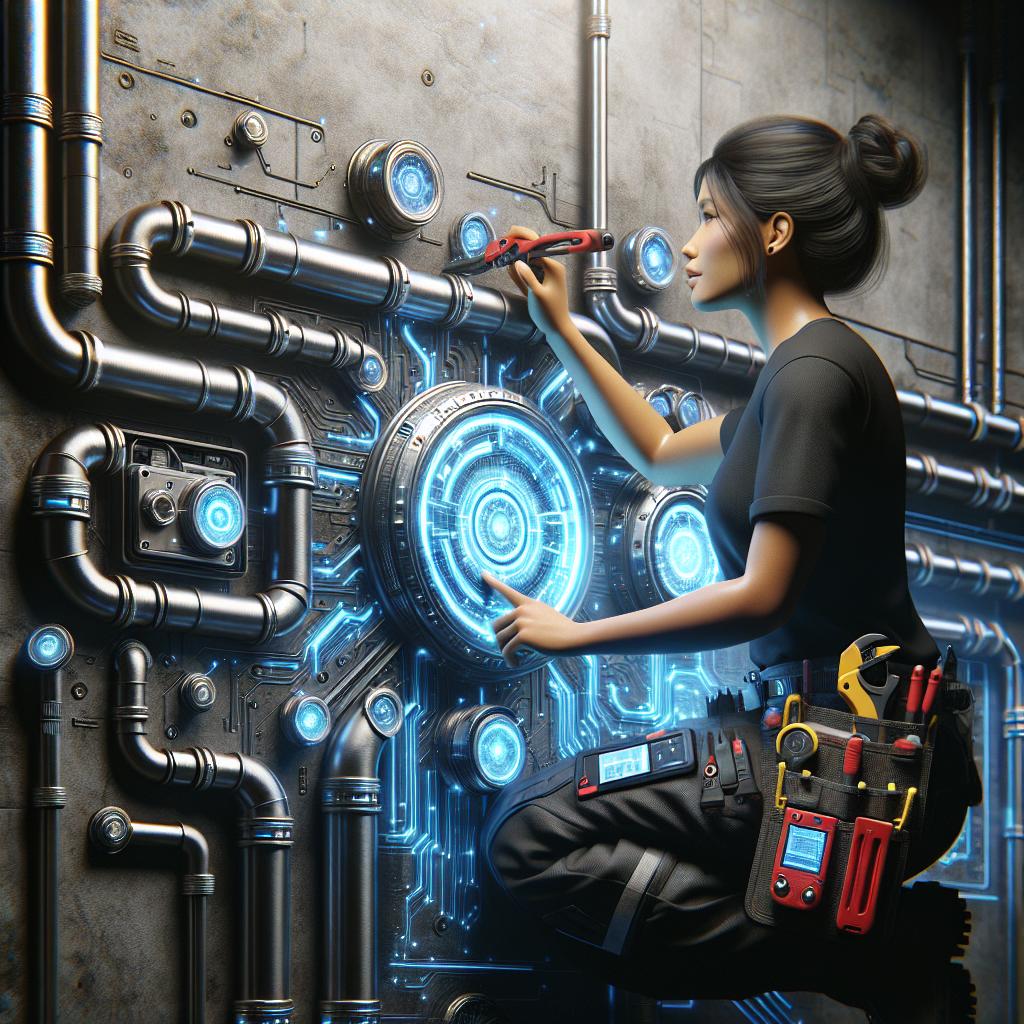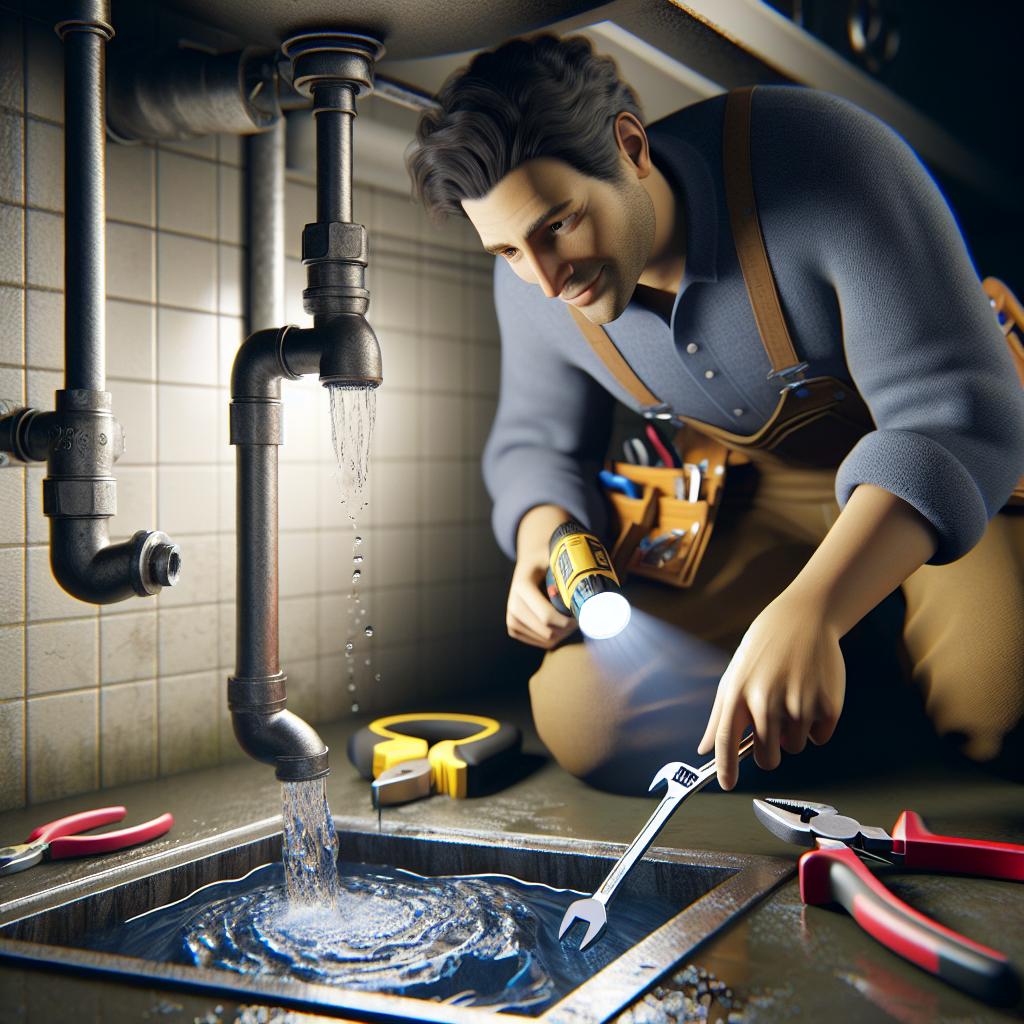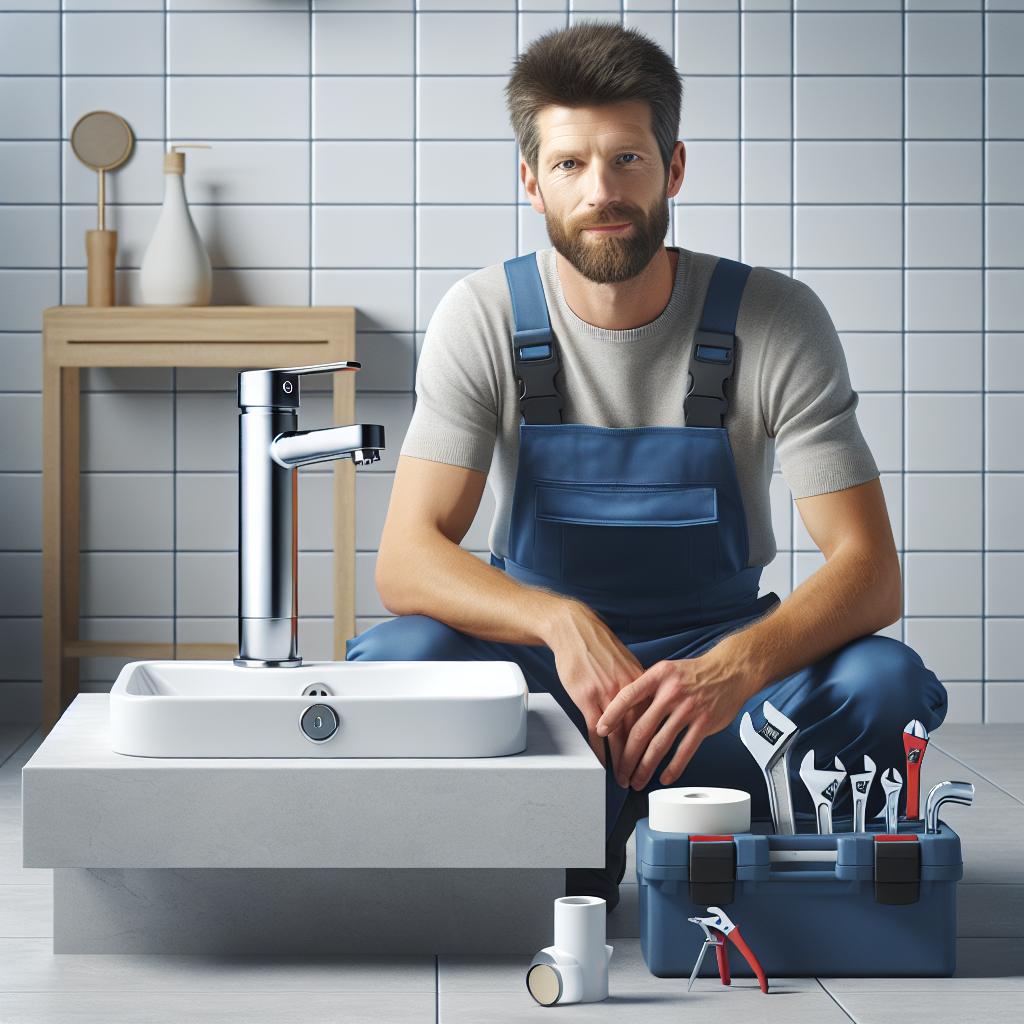The Deeper Drip: 8 Common Plumbing Mistakes and Practical Tips to Avoid Them
Whether you’re a DIY devotee armed with a wrench and elbow grease, or a rookie homeowner navigating the realms of property upkeep, plumbing problems are a universal encounter. Plumbing systems are pervasive and perplexing, often hidden behind walls and under floors, contributing to the ease of making significant mistakes. Making these common plumbing mistakes can lead to severe complications, such as flooding and extensive property damage, not to mention hefty repair bills.
In this blog, we’ll take a deep dive into 8 common plumbing mistakes and provide practical tips to avoid them. So, let’s equip you with knowledge to counter future plumbing blunders before a seemingly minor leak becomes a torrential headache.
1. Over-Tightening Connections
The phrase ‘tight is right’ doesn’t apply when it comes to plumbing. Over-tightening is a common plumbing mistake that can cause more damage than a loose connection. Over-tightening can crack fittings, strip screw threads, or break the rubber or plastic pieces designed to prevent leaks.
Tip:
Approach plumbing connections with a delicate touch. It is more about secure fitting rather than power.
2. Using Drain Cleaners for Deep Clogs
While chemical drain cleaners may seem like an easy fix for stubborn clogs, they can cause more harm than good. Chemicals can corrode your pipes, especially if used repeatedly, leading to leakages and even more severe blockages.
Tip:
Instead of reaching for harsh chemicals, consider using a plumbing snake or a plunger to dislodge clogs. If the clog persists, consider calling in a professional.
3. Neglecting to Use Tape and Thread Sealants
Pipe threads aren’t waterproof, and neglecting to use Teflon tape or pipe joint compound, often called pipe dope, can lead to leaks.
Tip:
Always use Teflon tape or pipe dope when connecting threaded pipe fittings. Remember to apply tape in the direction you’ll tighten the joint. Teflon tape is for general use, while pipe dope works best for severe conditions or industrial-grade fittings.
4. Forgetting to Turn Off the Water
Many people forget to shut off water before starting a plumbing job, leading to flooded rooms and costly water damage. Some jobs may also need the entire home’s water to be shut off.
Tip:
Always check if your plumbing job requires you to turn off your water. If it does, remember to turn off the water at the main shutoff valve.
5. Mismatching Pipes
Using the wrong type of pipe or mismatching sizes can lead to leaks, low water pressure, and other plumbing problems. Joining two different materials, like copper and galvanized steel, can cause corrosion.
Tip:
Make sure to choose the correct size and type of pipe for every job. If you must join dissimilar pipes, use a coupling that’s designed for that purpose.
6. Ignoring Local Codes
Every jurisdiction has codes governing plumbing installations, and ignoring these can lead to unsafe conditions or hefty fines.
Tip:
Check your local codes before starting any plumbing project and ensure all projects comply. If you’re unsure, don’t hesitate to reach out to a professional plumber or a local official for guidance.
7. Being Unprepared for Emergencies
Plumbing disasters can strike when you least expect them, and being unprepared can exacerbate the situation. Not knowing where the main shut-off valve or not having necessary tools can lead to severe water damage.
Tip:
Keep a plumber’s number handy in case of emergencies and familiarize yourself with your home’s plumbing system, especially the location of the main shutoff valve.
8. Not Hiring a Professional When Needed
Sometimes, the best way to avoid mistakes is to admit when a plumbing job is beyond your skill set. Hiring a professional when necessary can save you time and money in the long run, as amateurs can unintentionally cause more complications.
Tip:
Don’t hesitate to call a professional when a job feels beyond you. Professional plumbers have the experience and specialized tools to handle jobs of all sizes with precision and speed.
In conclusion, knowing the common pitfalls in plumbing and learning how to avoid them can save you from costly repairs and potential property damage. A healthy plumbing system is essential to a comfortable, functioning home. So, arm yourself with this knowledge, and don’t let those pipes get the best of you!




